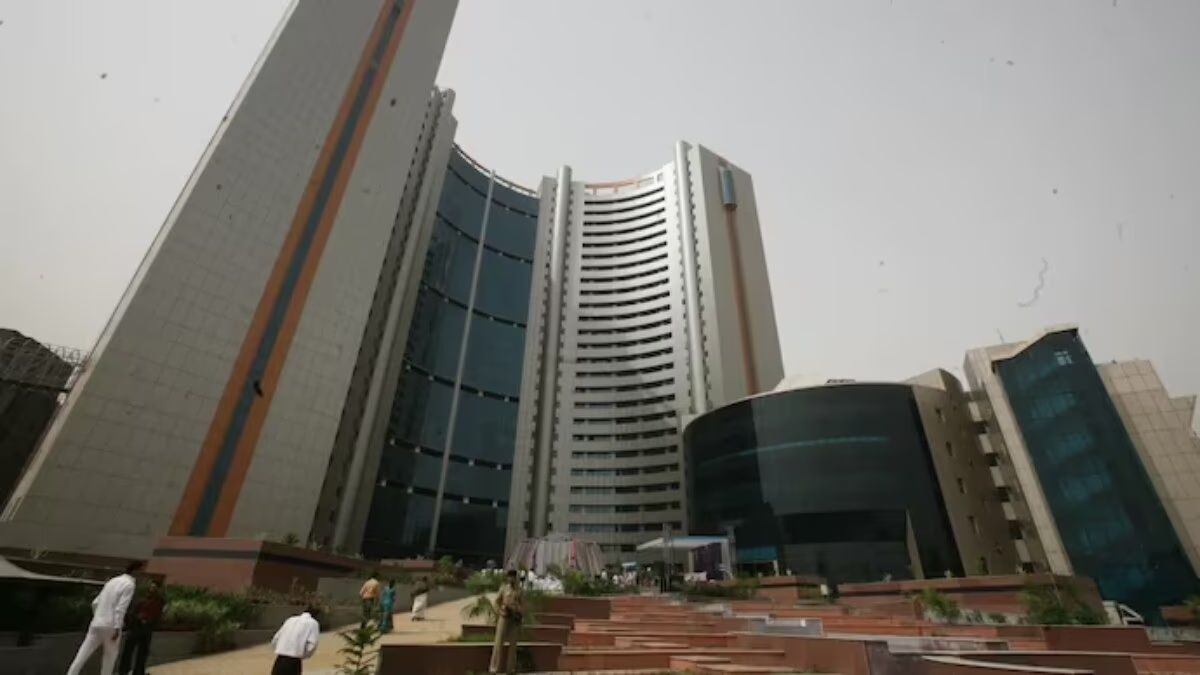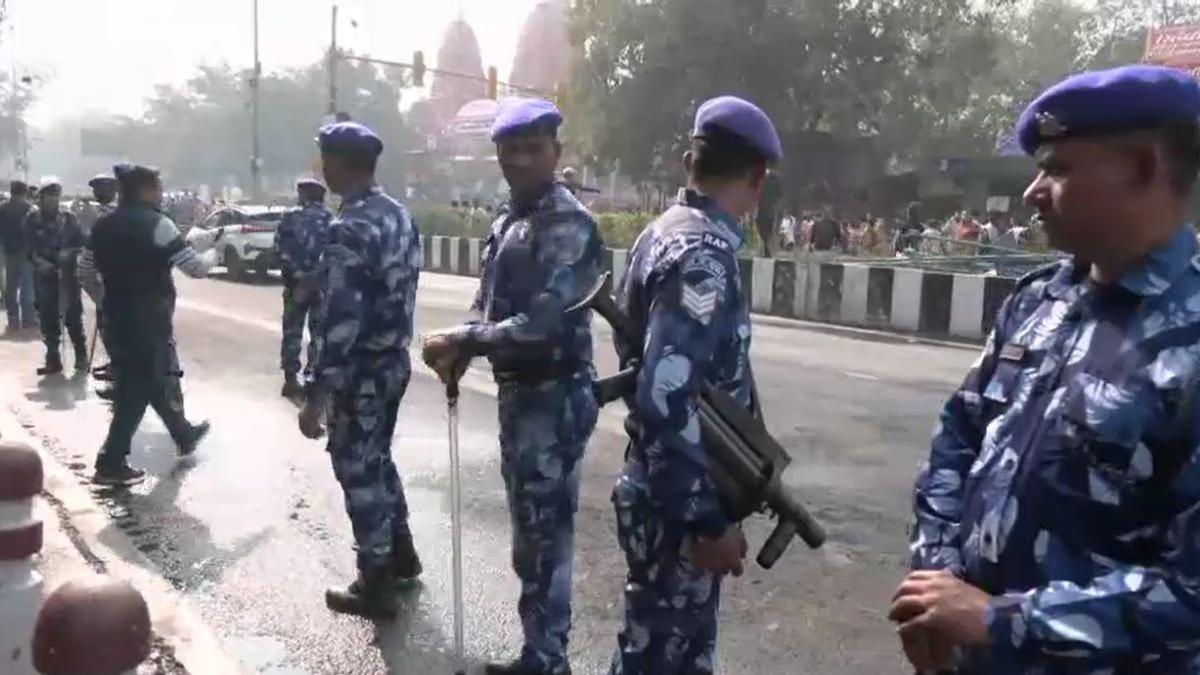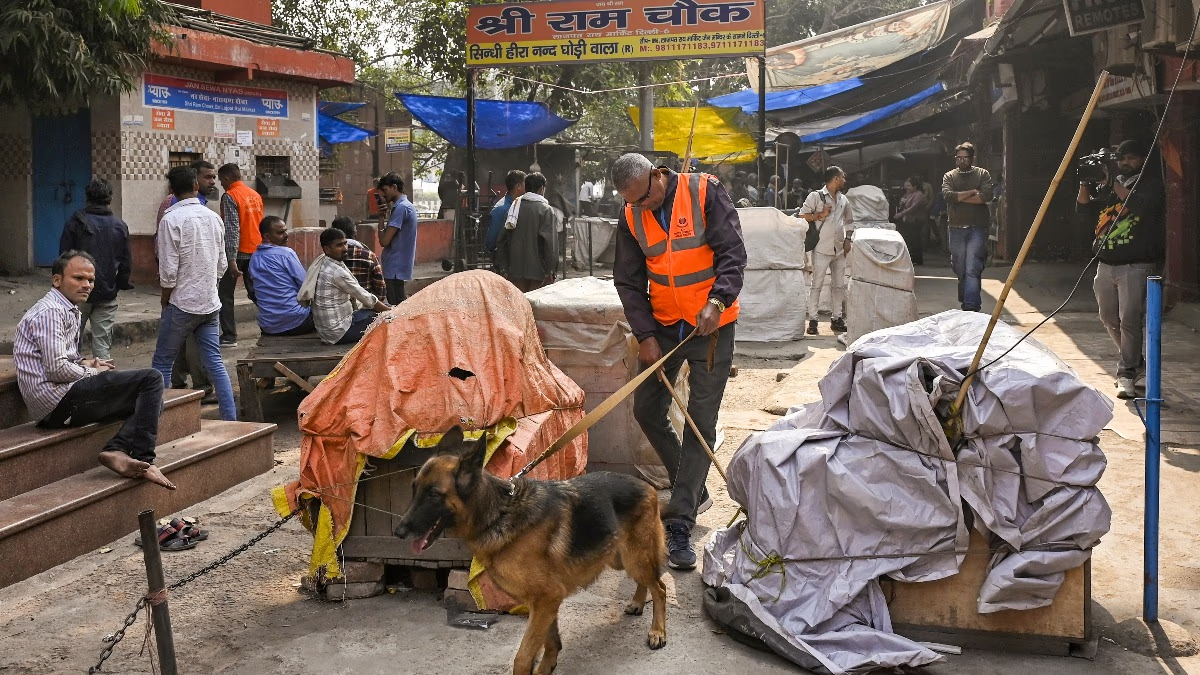The political tension between the Aam Aadmi Party (AAP) and the Bharatiya Janata Party (BJP) is escalating over the Delhi mayoral elections. AAP has raised objections to BJP councilor Satya Sharma being appointed as the Presiding Officer, demanding a reelection. The mayoral election is scheduled at the civic headquarters, yet the Presiding Officer's appointment is stirring significant controversy.
AAP maintains that the appointment disregarded impartiality and equality. The party alleged that the Lieutenant Governor ought to have appointed the current mayor or the most senior councilor as Presiding Officer, ensuring no doubts about the electoral procedure. AAP's statement noted, 'We hope BJP will not engage in any unethical activities, will honor the Constitution, and allow the election to proceed in a fair and democratic manner. Previously, during the Chandigarh mayoral election, the BJP's appointment of a councilor as Presiding Officer essentially undermined democracy. We are seeking an election characterized by peace and impartiality this time.'
Meanwhile, Delhi BJP spokesperson Praveen Shankar Kapoor accused AAP of questioning legal appointments. He stated that AAP habitually doubts statutory appointments and now does the same concerning the Presiding Officer for the mayoral election. Kapoor also alleged that AAP does not wish to elect a Scheduled Caste mayor and is therefore attempting to disrupt the electoral process.
BJP believes AAP repeatedly attempts to obstruct the election process to delay the mayoral election for political gain. The party accused AAP of creating unnecessary disputes before the election to mask their weak position. This clash in the mayoral election has once again highlighted the tension between the two parties. It remains to be seen whether the mayoral election will proceed as scheduled tomorrow or if AAP's opposition will lead to any adjustments.
As the electoral stage is set, the citizens of Delhi await the unfolding of the political drama with bated breath. The outcome will not only decide the city's leadership but also signal future political strategies in the region.




